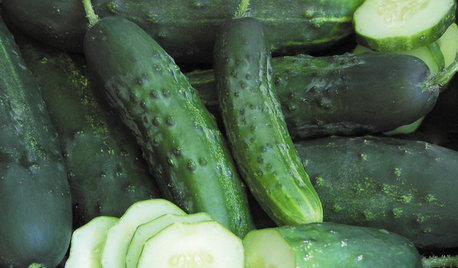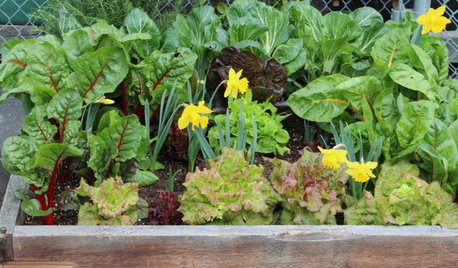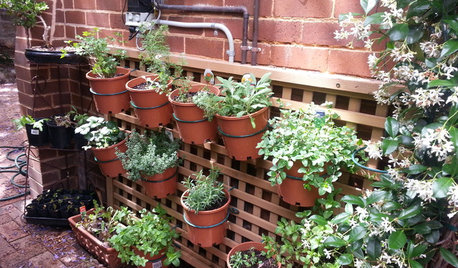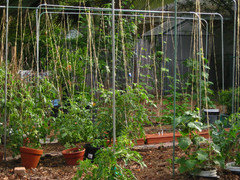Some questions on growing cucumbers?
marymilkweed
15 years ago
Featured Answer
Sort by:Oldest
Comments (17)
mikie_gw
15 years agowatermelon7
15 years agoRelated Professionals
Alexandria Landscape Contractors · Williamsburg Landscape Contractors · Gainesville Landscape Contractors · Northbridge Landscape Contractors · Lauderdale Lakes Landscape Contractors · Adrian Decks, Patios & Outdoor Enclosures · Pittsburgh Decks, Patios & Outdoor Enclosures · Rancho Palos Verdes Decks, Patios & Outdoor Enclosures · Randallstown Decks, Patios & Outdoor Enclosures · West Bloomfield Township Decks, Patios & Outdoor Enclosures · Bountiful Siding & Exteriors · Kansas City Siding & Exteriors · Paterson Siding & Exteriors · Riverside Siding & Exteriors · South Windsor Siding & Exteriorsan_ill-mannered_ache
15 years agowhgille
15 years agoan_ill-mannered_ache
15 years agomarymilkweed
15 years agowhgille
15 years agonorm34
15 years agosunnystate25
14 years agoan_ill-mannered_ache
14 years agogatormomx2
14 years agotomncath
14 years agojkrup44
14 years agoan_ill-mannered_ache
14 years agobarbara100
14 years agonettiethreats_att_net
12 years ago
Related Stories

SUMMER FRUITS AND VEGETABLESSummer Crops: How to Grow Cucumbers
Pick a peck for pickles or opt for fewer and raw — no matter how you slice them, cucumbers are great for summer gardens small to large
Full Story
FARM YOUR YARDHow to Grow Vegetables in Containers
Get glorious vegetables and fruits on your patio with a pro’s guidance — including his personal recipe for potting mix
Full Story
EDIBLE GARDENSHow to Grow Your Own Sweet Summer Crops
This guide will help any gardener get started on growing the freshest warm-season veggies and berries for summer
Full Story
FARM YOUR YARDGrow a Kitchen Garden in 16 Square Feet
Got a sunny 4-by-4 space? You can make meals more interesting with your own vegetables and herbs
Full Story
GREEN DECORATING8 Questions to Help You See Through Green Hype
With the ecofriendly bandwagon picking up some dubious passengers, here's how to tell truly green products and services from the imposters
Full Story
FARM YOUR YARD14 Crazy Places to Grow Edibles
Some Houzzers may lack ground for gardening, but they’re never short on imagination
Full Story
GREEN BUILDINGGreen Grows Up: The Many Faces of Today's LEED Homes
While LEED-certified homes have some common characteristics, the rest is up to your imagination
Full Story
KITCHEN DESIGN9 Questions to Ask When Planning a Kitchen Pantry
Avoid blunders and get the storage space and layout you need by asking these questions before you begin
Full Story
MOVINGHiring a Home Inspector? Ask These 10 Questions
How to make sure the pro who performs your home inspection is properly qualified and insured, so you can protect your big investment
Full Story
FEEL-GOOD HOMEThe Question That Can Make You Love Your Home More
Change your relationship with your house for the better by focusing on the answer to something designers often ask
Full Story








norm34